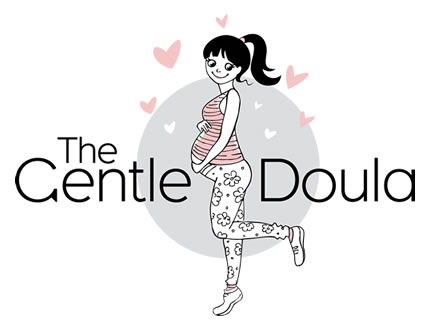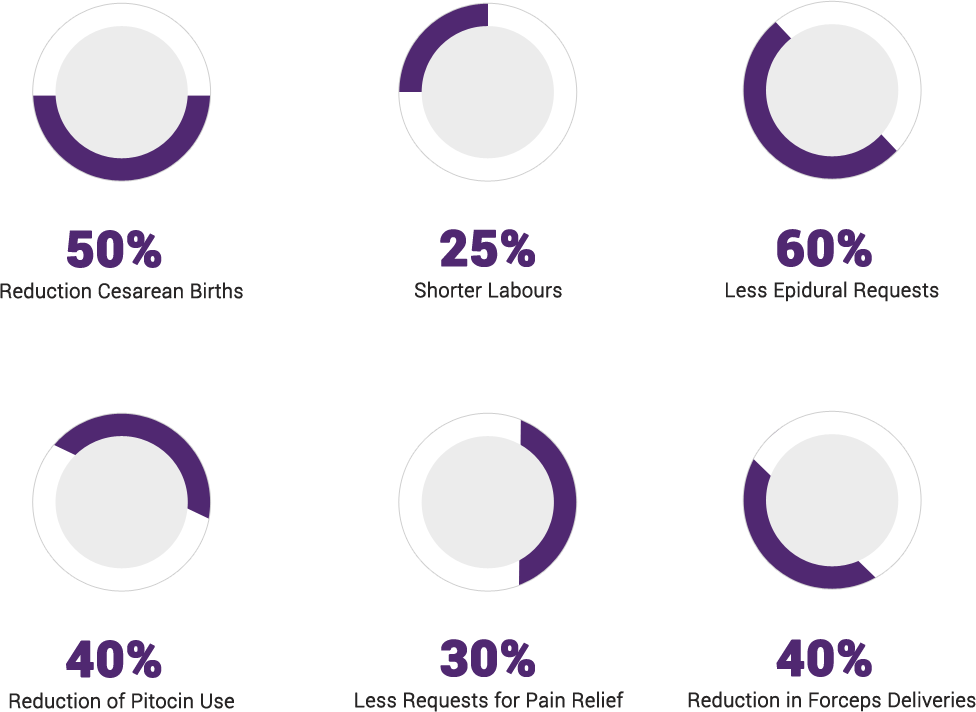What is a Doula?
According to DONA International, a doula is a trained professional who offers continuous physical, emotional and informational support to the mother before, during and just after birth. Studies have shown that when doulas attend a birth, labours are shorter with fewer complications, babies are healthier and they breastfeed more easily.
A Birth Doula
• Understands the physiology of birth and the emotional needs of a woman in labour
• Assists the woman in preparing for and carrying out her plans for birth
• Stays with the woman throughout the labour. Continuously reassures and comforts the mother (the key word is continuous – a doula never leaves the mother’s side)
• Provides emotional support, physical comfort measures and an objective viewpoint, as well as helping the woman get the information she needs to make informed decisions
• Facilitates communication between the labouring woman, her partner and her clinical care providers
• Looks after the partner as well (gives them bathroom breaks!), but their primary responsibility is to the mother
• Perceives her role as nurturing and protecting the woman’s memory of the birth experience
Why use a doula?
Women have complex needs during childbirth and the weeks that follow. In addition to medical care and the love and companionship provided by their partners, women need consistent, continuous reassurance, comfort, encouragement and respect. They need personalised care based on their circumstances and preferences.
Birth doulas are prepared to provide physical (non-medical), emotional and informational support to women and their partners during labour and birth.
Numerous clinical studies have found that a doula’s presence at birth
• tends to result in shorter labours with fewer complications
• reduces negative feelings about one’s childbirth experience
• reduces the need for Pitocin (a labour-inducing drug), forceps or vacuum extraction and caesareans
• reduces the mother’s request for pain medication and/or epidurals
Research shows parents who receive support can:
• Have less postpartum depression
• Have greater success with breastfeeding
• Feel more secure and cared for
• Are more successful in adapting to new family dynamics
• Have greater self-confidence

